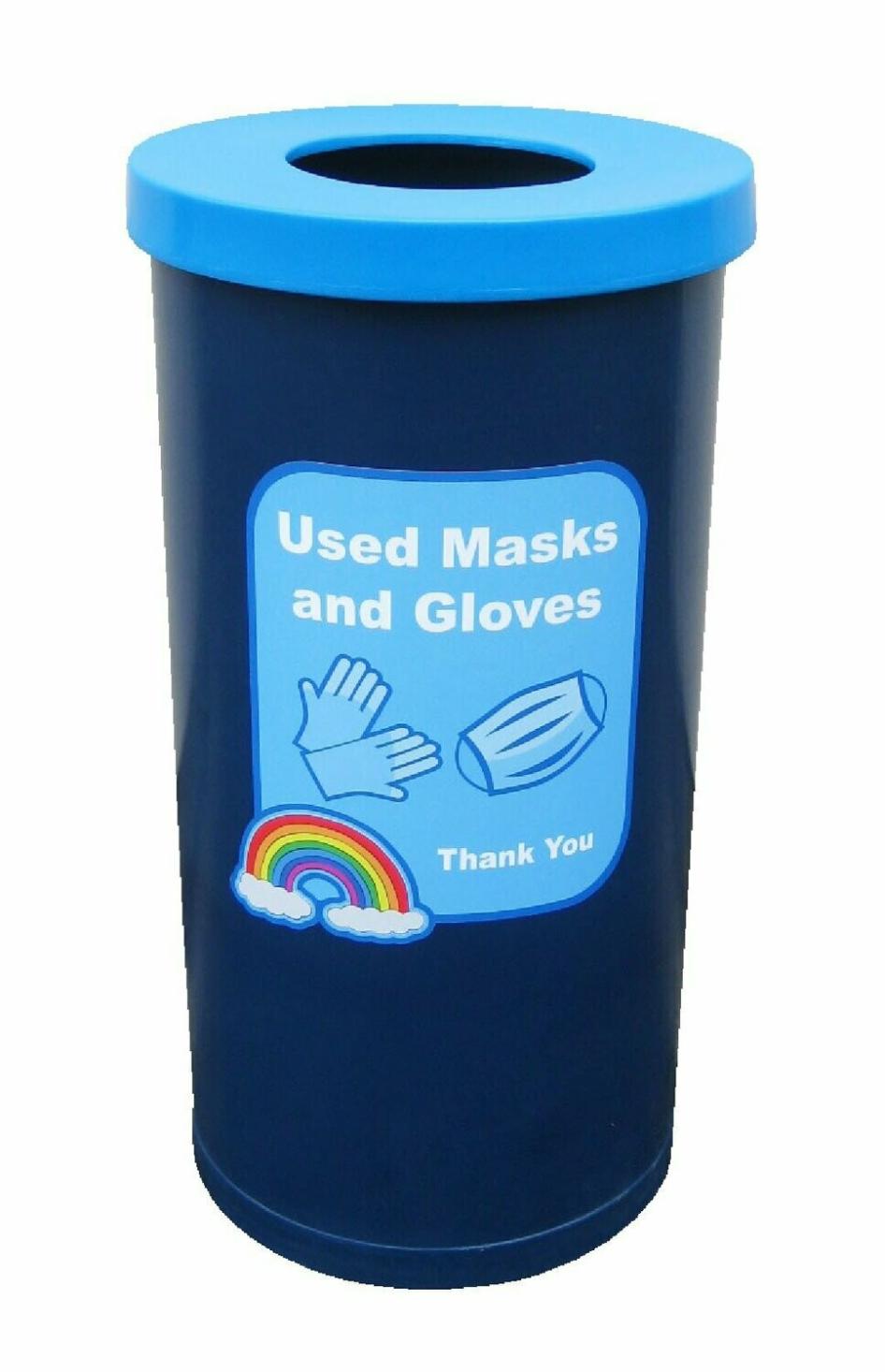What Are the Potential Health Risks Associated with Improper Mask Disposal?
As the world continues to grapple with the COVID-19 pandemic, the use of face masks has become an essential part of our daily lives. While masks play a crucial role in preventing the spread of infectious diseases, improper disposal of these masks poses significant health risks to individuals and the environment. This article aims to inform readers about the potential health risks associated with improper mask disposal and provides guidance on proper disposal practices.

Types Of Masks And Their Disposal Methods
Disposable Masks:
- Proper Disposal Method: Disposable masks should be discarded immediately after use in a covered bin or trash receptacle.
- Importance of Proper Disposal: Disposable masks are designed for single-use only. Reusing or washing them can compromise their effectiveness and increase the risk of infection.
Reusable Masks:
- Proper Cleaning and Disinfection: Reusable masks should be washed in hot water (at least 60°C or 140°F) and disinfected regularly, following the manufacturer's instructions.
- Importance of Following Manufacturer's Instructions: Different types of reusable masks may require specific cleaning and disinfection methods. Following the manufacturer's instructions ensures proper sanitization.
Potential Health Risks Of Improper Mask Disposal
Spread Of Infectious Diseases:
- Transmission of Pathogens: Improperly discarded masks can become contaminated with pathogens, such as viruses and bacteria, and serve as a source of infection.
- Examples of Disease Transmission: Discarded masks can transmit diseases like COVID-19, influenza, and other respiratory illnesses when touched or handled by unsuspecting individuals.
Environmental Pollution:
- Littering and Microplastic Pollution: Improperly discarded masks contribute to littering and microplastic pollution, posing risks to wildlife and human health.
- Impact on Water Bodies and Soil: Discarded masks can end up in water bodies and soil, releasing microplastics that can harm aquatic life and contaminate the food chain.
Proper Mask Disposal Practices
- Step-by-Step Instructions for Disposable Masks:
- Remove the mask from your face, holding it by the ear loops or ties.
- Immediately discard the mask in a covered bin or trash receptacle.
- Wash your hands thoroughly with soap and water or use an alcohol-based hand sanitizer.
- Step-by-Step Instructions for Reusable Masks:
- Remove the mask from your face, handling it by the ear loops or ties.
- Wash the mask in hot water (at least 60°C or 140°F) with detergent.
- Disinfect the mask according to the manufacturer's instructions, using a suitable disinfectant.
- Allow the mask to dry completely before reusing it.
- Importance of Following Local Regulations: Adhere to local regulations and guidelines regarding mask disposal, as they may vary in different regions.
- Reducing Environmental Impact: Consider using biodegradable masks and recycling mask packaging to minimize environmental pollution.
Proper mask disposal is a crucial aspect of public health and environmental protection. By understanding the potential health risks associated with improper mask disposal, individuals can adopt responsible disposal practices. Following the guidelines provided in this article, we can collectively contribute to reducing the spread of infectious diseases, protecting the environment, and promoting a healthier and safer society.
YesNo

Leave a Reply